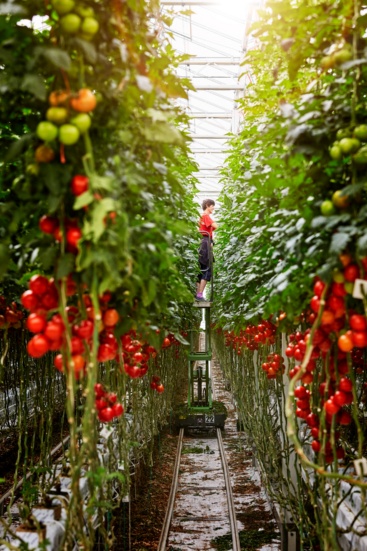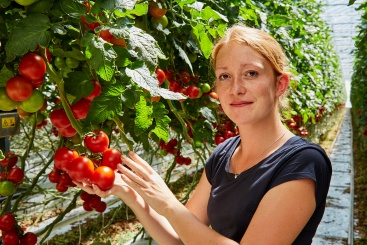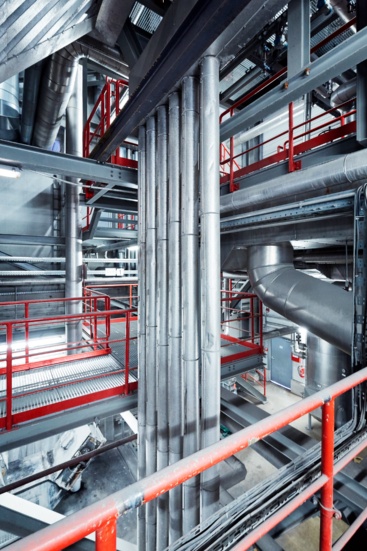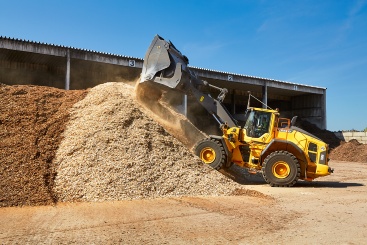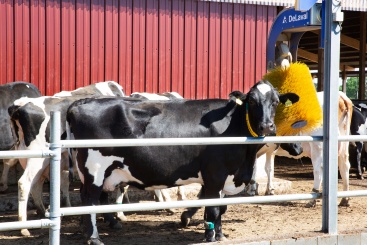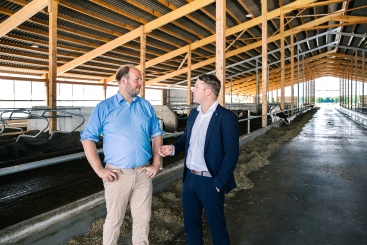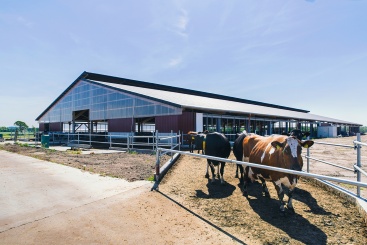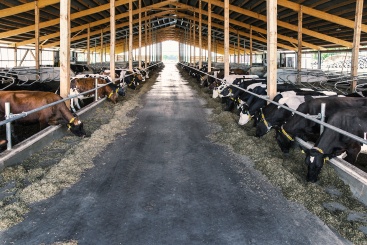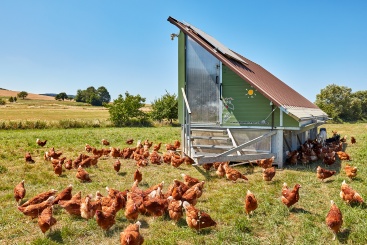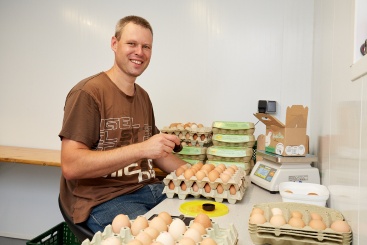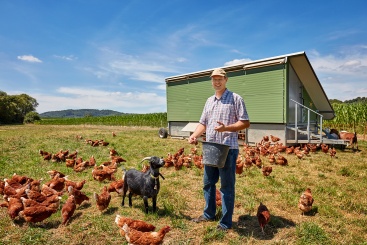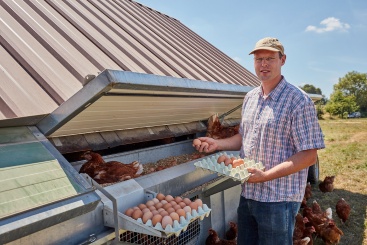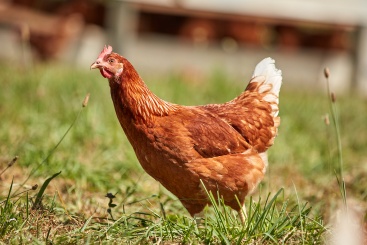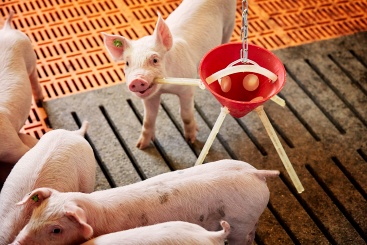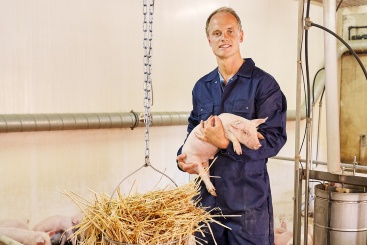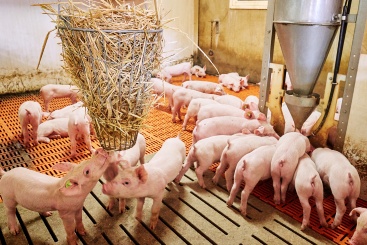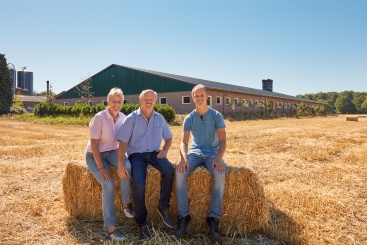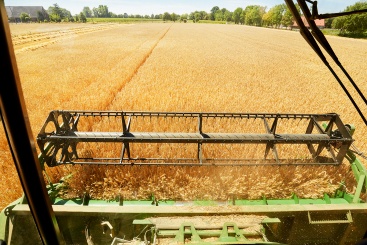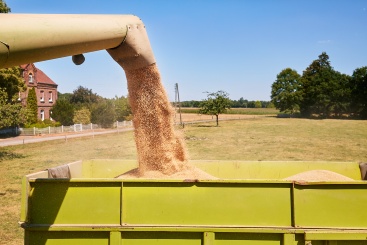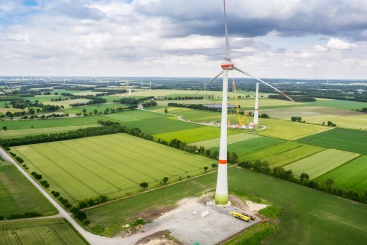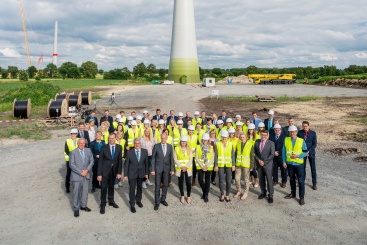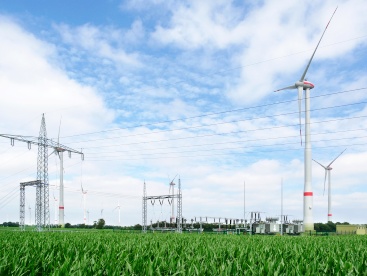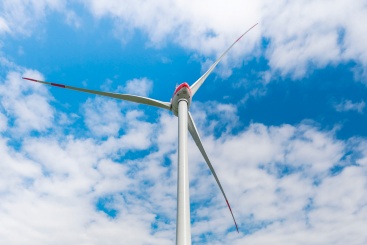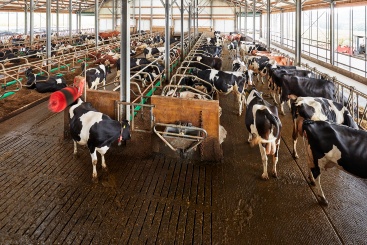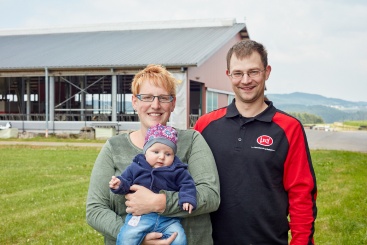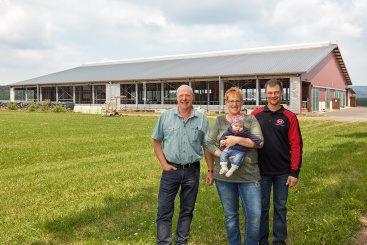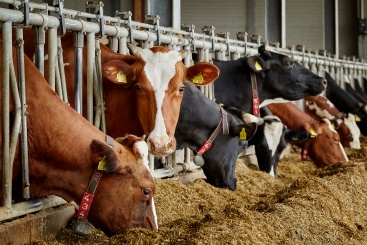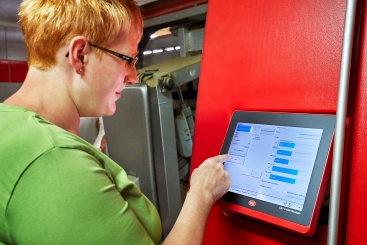Sustainable projects
Scherzer GemüseCO₂-Neutral Greenhouses
‘Growing best quality fresh vegetables while factoring in organic pest and disease controls’ - that’s the Scherzer way, a family-run business from Nuremberg with a long tradition in vegetable cultivation. The business comprises greenhouse areas of 7 hectares in Nuremberg and also 10.5 hectares in the Dinkelsbühl area. The greenhouse in Dinkelsbühl is heated using a biomass heating system which is CO2-neutral. Rentenbank and the local savings banks (Vereinigte Sparkassen Ansbach) jointly supported Scherzer Gemüse through funding.
Backensholzer Hof Organic Dairy Farming
Backensholzer Hof is a dairy in Oster-Ohrstedt in the heart of the federal state of Schleswig-Holstein in northern Germany. It is run by the Metzger-Petersen family. Since 1989, the farm has been run in line with BIOLAND (organic) standards. In 1991, the farm started making its own cheese using raw milk cheese from its own cheese dairy. Eleven years later they built their own biogas plant. They then acquired new freestall barn for cattle, a calf barn and a new slurry tank which was financed through support from VR Bank Flensburg-Schleswig eG as part of Rentenbank’s Sustainability Programme.
Hartmann farmPortable Henhouse
Dennis Hartmann, Managing Director of the Hartmann farm in Brandau, Hesse, invested in his first portable henhouse in 2014. This portable henhouse has an area for sleeping, a water trough and a feeding trough. The electricity supply is provided using a photovoltaic power plant. The hens spend a lot of time in the fresh air. They can sunbathe and bathe in the dust and during the day they have access to outdoor ranges. On account of these conditions, Dennis Hartmann received the Hesse Award for Animal Welfare in 2017. This initiative was supported by our Sustainability Programme at our best rates along with Volksbank Modau eG.
Klein-Hessling farmTraditional pig farming
Hendrik Klein-Hessling is the dynamic successor to a business in Rhede, in the district of Borken in North Rhine-Westphalia. With his parents, he rears piglets and fattens pigs in a closed-loop system. He actively participates in the Initiative Tierwohl - a humane animal husbandry label. The food for the pigs is grown at his own farm. To give his pigs as much change as possible, he looks for a variety of different options and therefore improves the conditions for animal welfare. As a member of the Animal Welfare Initiative, and with funding from Volksbank Rhede eG through our Sustainability Programme at our best rates, he was able to rebuild the barn.
Hümmling energy farmCommunity Wind Farm
A wind farm was set up for an investment of around EUR 150 million in the Lorup Community, in the federal state of Lower Saxony. Together, the 23 sites generate an output of around 90 megawatts. The project is a community wind farm where the costs are shared by the individual limited partners: The business partners are locals from Lorup and surrounding area, Raiffeisenbank Lorup eG as well as the Lorup community and the city of Werlte. The initiative for setting up the wind farm came from Raiffeisenbank Lorup eG. They funded the project at our best rates with the help of additional funding partners such as DZ Bank.
Schifferings farm Traditional dairy cattle farming
At Schifferings farm in Birresborn in the Eifel mountain range in Rhineland-Palatinate, the younger generation is about to take the helm: The father, Manfred Schifferings, is still in charge but his daughter, Heike, will soon take over the farm as its young business successor. With this certainty in the bag, the Schifferings family built a new stable with room for 120 cattle. In addition, two automatic milking robots were installed, a new slurry tank was built and a fodder mixer was acquired. Along with Volksbank Eifel eG, Rentenbank supported the construction which promotes animal welfare by offering its best rates.
